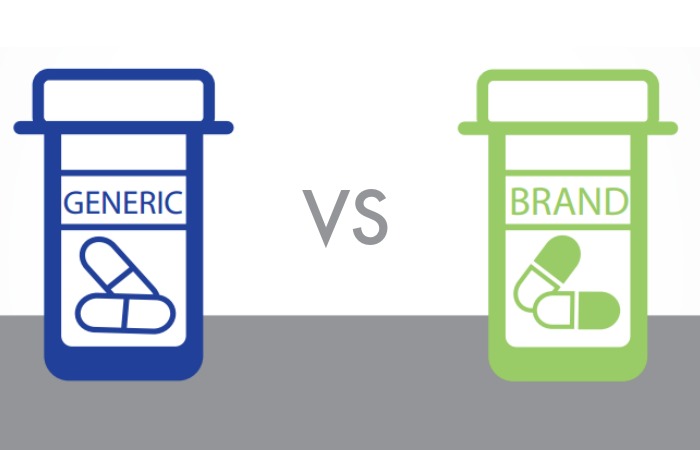Trudy Lieberman, author of Aberdeen News wrote an article, in which she explained that experts think that generic drugs are not always equivalent and could sometimes be harmful.
There have been complaints that generic drugs are not bioequivalent to their branded counterparts and may prove dangerous in some cases, according to journalist Katherine Eban, who has written a book, “Bottle of Lies.”
The book tells a very dark story about the generic drug industry, with the safety and efficacy of generic drugs Americans have been increasingly taking.
Eban told Lieberman, “My inbox is full of communications from patients who were on a drug that worked but were switched to a generic that didn’t work. Patients find themselves on a medical odyssey.”
She even illustrated a case in which a major transplant center in the United States advised patients to take generic immunosuppressant drugs made in India. Eban said, “One died, and the other had a tough stay in the ICU.”
Eban also highlighted a woman’s case, who switched to generic depression drugs from a brand one, which aggravated her condition.
The journalist has come across hundreds of patients who say they do not do well on generic drugs and have no clue why.
Eban said the generic drug industry abroad is like a “maze of global deception.”
“We are dependent on distant drug manufacturers, yet have little visibility into their methods, Eban wrote in her book.
She also explained that Americans cannot on the FDA to assure that generic drugs are safe and effective. She pointed out that more than 40 percent of generic drugs in the United States are made in India, and 80 percent of the active ingredients are manufactured in India and China.
Eban revealed that generic drugs do not work as well as brand drugs because they are adulterated to save money and make profits.
She said, “The FDA has presented generics as a bargain with no downsides, but there are hidden costs that are not being examined.”
The hidden costs pop up when people end up in ICUs or ERs because generic drugs have not worked properly.
Upon asking how patients can protect themselves from such a dilemma, Eban told Lieberman that people should learn about the manufacturer of the drug they take.
Eban said, “Find out if the manufacturer has been in trouble with the FDA by looking at the inspections, compliance and enforcement sections of the agency’s website. If the company has received a warning, that’s a red flag.”




















